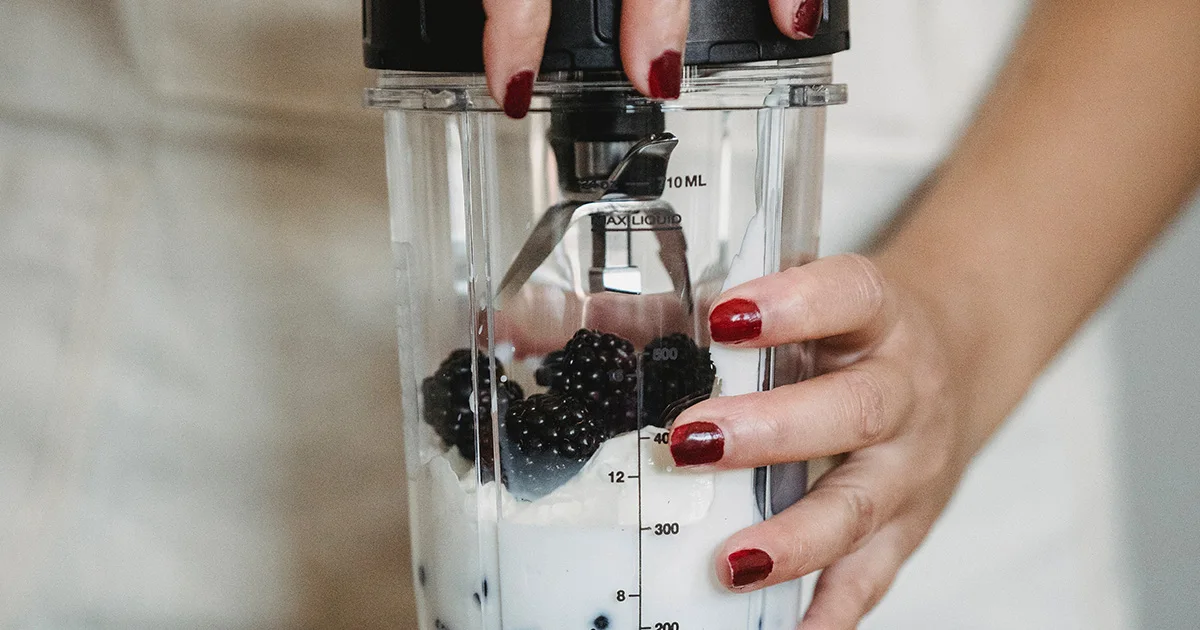Here's what we'll cover
Here's what we'll cover
It can be challenging to embark on—and stick with—a weight loss plan. So, planning ways to stay motivated and excited helps you stay committed to the journey long-term.
Keep reading for ideas on how to reward yourself during your weight loss plan and acknowledge your progress.
How to reward yourself when working to maintain a healthy weight
For many people, keeping the lost weight from coming back is often the hardest part of losing weight. With that in mind, continuing to set goals and reward your progress is important for reinforcing your new healthy habits and keeping yourself focused.
When we eat food, it causes the neurotransmitter dopamine to be released (Volkow, 2011). Dopamine is often referred to as the “feel good” hormone because it promotes positive feelings and rewards.
Reducing the amount of food you eat can leave you missing those previous dopamine “hits” that were associated with eating. As a result, you might start craving more rewards and food—that’s why it can often feel like your cravings are even stronger when you start dieting. In order to overcome this, it’s essential to find other ways to reward yourself to help satisfy your wish for more dopamine.
A 2017 research study found that people who showed worse reward-related decision-making were more likely to regain the weight they'd previously lost (Brockmeyer, 2017). So, planning ways to reward yourself with things or activities, not with food, may help with decision-making during your weight loss journey.
There is no one best answer on how to reward yourself for reaching goals or maintaining a healthy weight. What’s important is to ask yourself what you find most rewarding and personalize the options to what seems most appealing.
Here are some ideas for rewards:
Go out with friends.
Schedule a massage.
Plan a vacation.
Buy new clothing or exercise equipment.
Buy a new bike.
Give yourself a day off for rest and relaxation.
Plan walks.
Start a new hobby.
Read a good book.
Watch a movie or TV show.
Get a manicure or pedicure.
Go to the beach.
Try a new hiking spot.
See a concert or show.
Write a gratitude list and take a moment to thank yourself for your hard work.
Hire a personal trainer.
Attend a cooking class.
Buy a new kitchen tool.
Planning when to reward yourself depends on what works best for you. It helps to have small rewards throughout your journey. Some rewards could be set aside for big milestones—like reaching a goal weight or maintaining your weight for a certain amount of time—but you might set rewards for smaller goals that you might hit on a daily or weekly basis to keep your short-term motivation strong.
It’s also a good idea to have behavior-related rewards rather than outcome-based rewards. For instance, you could choose to reward yourself for journaling your food for two weeks straight or going for a daily walk for a week.
Are cheat meals okay?
Cheat meals—an indulgent lunch, dinner, or snack you might have once a week as a reward or to satisfy a craving—are something people often wonder about when on a weight management plan, especially if they see Dwayne “The Rock” Johnson’s Instagram posts featuring piles of peanut butter cookies every Sunday night.
The truth is, one meal won’t make or break your overall journey, and in order to maintain a healthy relationship with food, it may not be beneficial to refer to eating a burger as a “cheat” (implying that you’ve done something immoral or wrong). Allow yourself to eat certain things in moderation from time to time.
Also, try to avoid an all-or-nothing mindset. If you eat less nutritious foods, don’t throw in the towel and eat those less nutritious foods for the rest of the day or week. All-or-nothing mindsets can lead to a rollercoaster of restricting yourself, followed by overeating.
Instead, aim for an eating plan that allows for foods you enjoy while maintaining a healthy weight—and if that means a burger once a week while staying within your calorie goals the rest of the week, then go for it.
Acknowledging your progress
There are no wins too small to celebrate! Congratulate yourself for sticking to your plan, whether it’s your first day or your 300th. Taking the time to thank yourself for honoring your goals can help you better appreciate the effort you put in. It’s challenging to change your habits. People on new eating plans often focus on the foods they no longer eat or on the downsides of the change, which can make the journey feel more difficult. If you only focus on the challenges, it’s easy to lose sight of the victories and why you started this journey in the first place. Rewarding yourself and celebrating your progress are great ways to find success in maintaining your weight loss and being the healthiest you!
DISCLAIMER
If you have any medical questions or concerns, please talk to your healthcare provider. The articles on Health Guide are underpinned by peer-reviewed research and information drawn from medical societies and governmental agencies. However, they are not a substitute for professional medical advice, diagnosis, or treatment.
Brockmeyer, T., Simon, J. J., Becker, A., & Friederich, H. C. (2017). Reward-related decision making and long-term weight loss maintenance. Physiology & Behavior , 181 , 69–74. doi: 10.1016/j.physbeh.2017.09.008. Retrieved from https://pubmed.ncbi.nlm.nih.gov/28893663/
Volkow, N. D., Wang, G. J., & Baler, R. D. (2011). Reward, dopamine and the control of food intake: implications for obesity. Trends in Cognitive Sciences , 15 (1), 37–46. doi: 10.1016/j.tics.2010.11.001. Retrieved from https://www.ncbi.nlm.nih.gov/pmc/articles/PMC3124340/












